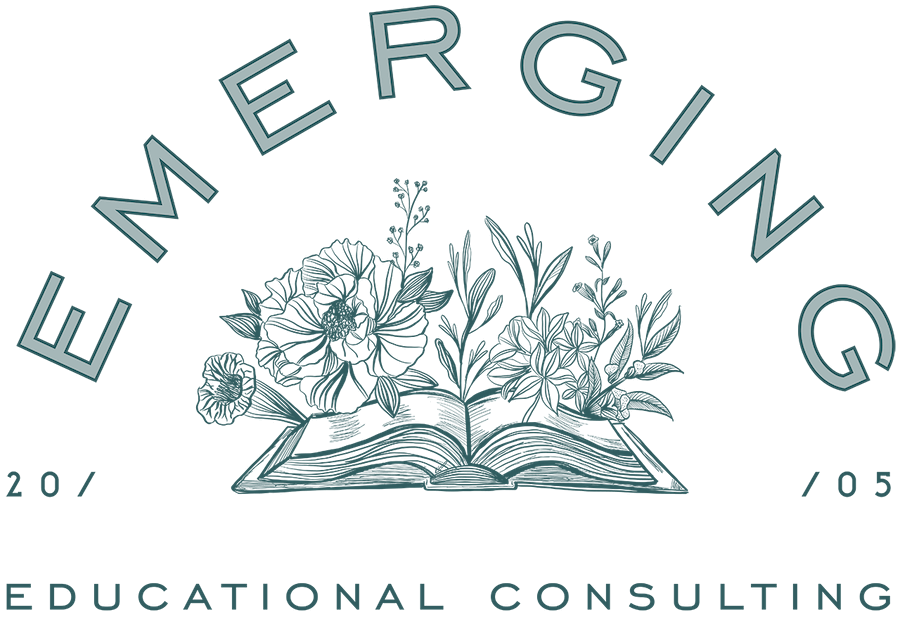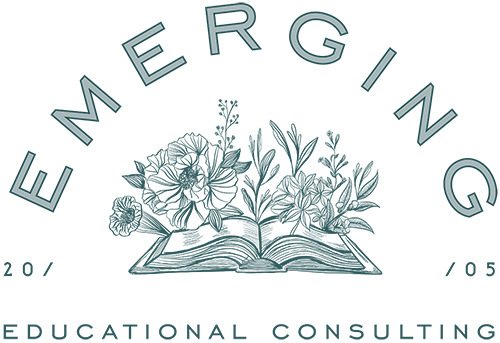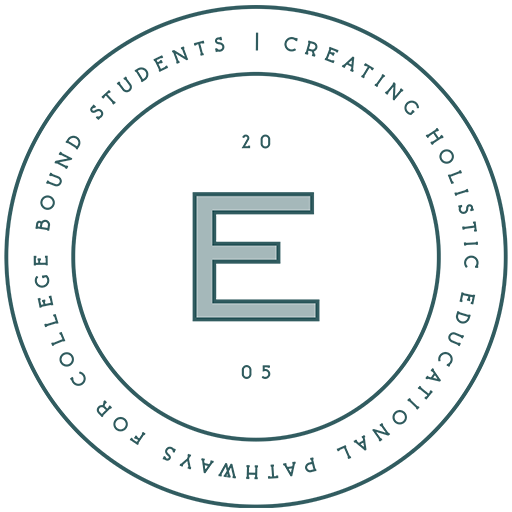It might seem like asking for letters of recommendation is not that big of a deal, but it’s actually a very important part of the application process. It could make the difference between students getting accepted or not!
Check out the guide we have created below for our students when asking for Letters of Recommendation beginning at the end of Junior year. Having a clear plan is key!
Why do colleges want Recommendations:
- To Gain Insight into Personal Characteristics: Colleges are interested in more than just grades and test scores. They want to know what kind of person students are in their school and community! Letters of recommendation provide a third-party perspective on character, work ethic, and interaction with teachers and peers.
- To Evaluate Academic Performance and Potential: Teachers can provide specific examples of academic curiosity and dedication that go beyond what can be seen on the transcript. This includes participation in class discussions, approach to solving complex problems, and ability to absorb and apply new concepts.
- To Validate Accomplishments: It’s one thing for you to share achievements and involvements in the application, but having someone else corroborate your claims adds credibility. A recommender can confirm achievements and provide context for them, such as the level of competition in activities or the significance of roles in various projects and organizations.
KEEP IN MIND:
If you’re nervous about asking a teacher or professor for a letter of recommendation, remember that they are used to these requests and are (typically) happy to help. Here are some tips to consider when preparing to ask for a letter of recommendation:
- Ask Early: Give your chosen teacher plenty of time before the application deadline. Respecting their schedule facilitates a thoughtful letter and reflects well on you.
- Ask in person and then follow up with an e-mail including your Brag Sheet or Resume!
- Select the Right Teacher(s): Choose 2 teachers who know you well and can speak positively about your strengths. These teachers should relate to the message you wish to convey in your application. For instance, a biology teacher who has seen your work up close would be a great choice if you are applying to college as a science major.
- Consider teachers who can offer new perspectives or highlight different aspects of your personality or skill set. For example, if you have had the same English teacher for a few years, they may be able to speak on your character outside of the classroom as well. This could provide wonderful additions to your application!
- Teachers from Junior/Senior year are best! These teachers are likely to remember you the most. However, if you really want to ask a teacher you had freshman year, you can do that. You just need to go and meet with that teacher periodically to get reacquainted before you ask for a rec letter.
- Make Your Request in Person: While it might seem daunting, asking in person is more respectful and personal. If the teacher is someone you last spoke to a while ago, consider emailing to arrange a phone or video chat instead.
- Approach Them Individually at an Appropriate Time: Find a good time to talk, such as during office hours, and ask them one-on-one. This ensures you have their full attention and respect for their time. ⌚
- Provide All Necessary Information: Make sure your teacher has all the details they need about the application requirements, your extracurricular activities, and your aspirations. This helps them write a more personalized and effective letter. It is wise to provide a brag sheet or your resume as well.
PRO TIP: Did you know that MOST letters of recommendation are sent through your Student Portal? Check-in with your school counselor to learn more!
!!! IMPORTANT !!!
Follow Up and Say Thank You: Remember to send a reminder as the deadline approaches and express your gratitude after they’ve sent the letter. A thank you note or a small gift can go a long way. Check out this blog post on Thank You Notes!
Remember, while the process might seem a bit overwhelming initially, breaking it down into these steps can make it much more manageable. Following these tips will not only make the experience more positive for you but will also be reflected in the quality of the letter you receive.




